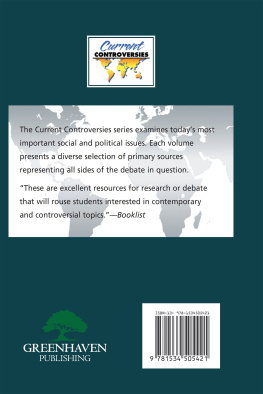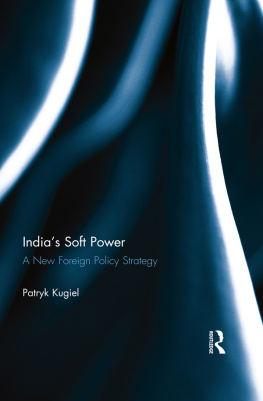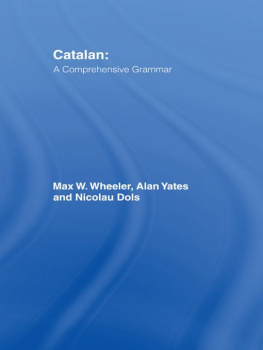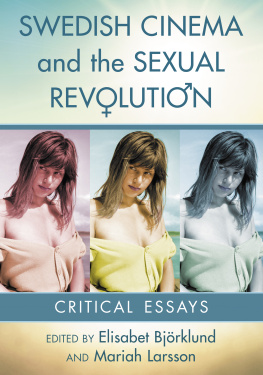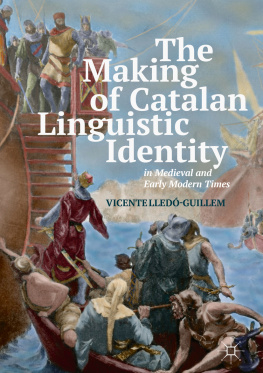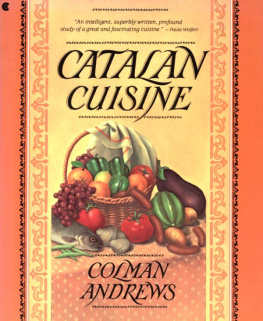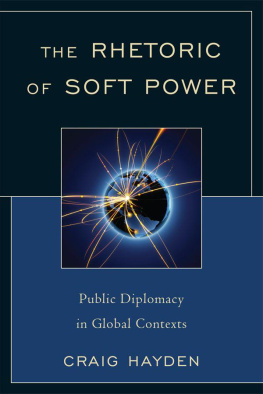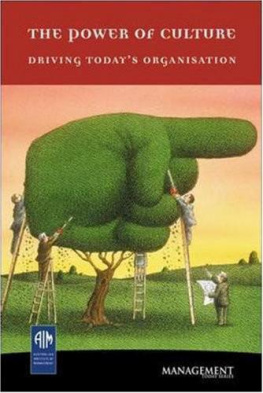Elisabet Carbó-Catalan - Culture as Soft Power
Here you can read online Elisabet Carbó-Catalan - Culture as Soft Power full text of the book (entire story) in english for free. Download pdf and epub, get meaning, cover and reviews about this ebook. year: 2022, publisher: De Gruyter, genre: Politics. Description of the work, (preface) as well as reviews are available. Best literature library LitArk.com created for fans of good reading and offers a wide selection of genres:
Romance novel
Science fiction
Adventure
Detective
Science
History
Home and family
Prose
Art
Politics
Computer
Non-fiction
Religion
Business
Children
Humor
Choose a favorite category and find really read worthwhile books. Enjoy immersion in the world of imagination, feel the emotions of the characters or learn something new for yourself, make an fascinating discovery.

- Book:Culture as Soft Power
- Author:
- Publisher:De Gruyter
- Genre:
- Year:2022
- Rating:5 / 5
- Favourites:Add to favourites
- Your mark:
- 100
- 1
- 2
- 3
- 4
- 5
Culture as Soft Power: summary, description and annotation
We offer to read an annotation, description, summary or preface (depends on what the author of the book "Culture as Soft Power" wrote himself). If you haven't found the necessary information about the book — write in the comments, we will try to find it.
Culture as Soft Power — read online for free the complete book (whole text) full work
Below is the text of the book, divided by pages. System saving the place of the last page read, allows you to conveniently read the book "Culture as Soft Power" online for free, without having to search again every time where you left off. Put a bookmark, and you can go to the page where you finished reading at any time.
Font size:
Interval:
Bookmark:
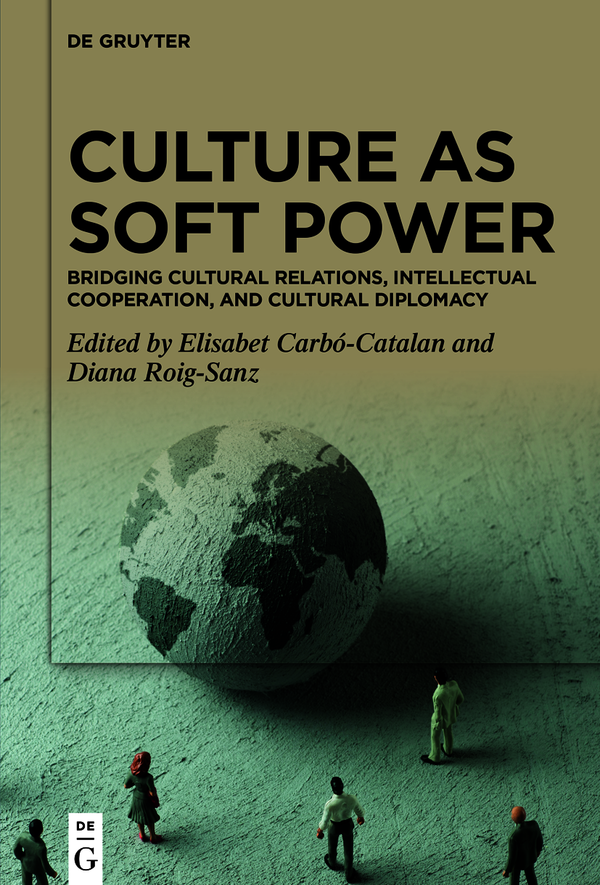
ISBN 9783110744040
e-ISBN (PDF) 9783110744552
e-ISBN (EPUB) 9783110744637
Bibliographic information published by the Deutsche Nationalbibliothek
The Deutsche Nationalbibliothek lists this publication in the Deutsche Nationalbibliografie; detailed bibliographic data are available on the Internet at http://dnb.dnb.de.
2022 the author(s), published by Walter De Gruyter GmbH, Berlin/Boston
This work is licensed under the Creative Commons Attribution-NonCommercial-NoDerivatives 4.0 International License.
In politics, culture matters. Culture might not decide the outcome of a military conflict, but it can certainly explain the reasons behind a political crisis or why agents and agencies may be willing to come into conflict and fight for or against a cause. We finished this chapter as the entire world shuddered before the terrifying Russian bombings over Kiev and Kharkiv. The media, politicians, and much of our society acknowledge Ukraines European values. But history tells us that the struggle for Eurasian borders is nothing new, and empires and contemporary governments compete to maintain political and cultural hegemony but also to keep border territories free from the influence of opposing powers. Much has happened since Vladimir Putin was elected in 2000, namely, the Russian occupation of Georgian territories and the annexation of Crimea. The Maidan protests in 2013 only reminded us of the Ukrainian governments decision to reject signing the European Union-Ukraine Association Agreement on the same year in favour of keeping their closer relations to Russia. Therefore, it seems clear that trying to join the EU has not only been a political decision, but also a struggle for cultural dominance between Russia and the Western world.
Culture matters in domestic and international politics, as shared culture can create a powerful sense of community. It can also be used to consolidate a given collectivity or to shape its image in the international arena. By taking a global approach, this book stresses the importance of acknowledging the role of cultural practices and the relevance of historising cultural relations, intellectual cooperation, and cultural diplomacy in order to better understand shifting power dynamics. By collectivity, we refer to a group of people who identify with each other through their shared features be they cultural, linguistic, ideological, or of any other kind who benefit from some form of collective agency. We include political collectivities based on a given territory states or regions, but also substate and supranational territories as well as ethnic, linguistic, gender, confessional, ideological, and professional collectivities, to name but a few.
), thus showing their crucial role in the definition of collectivities.
In the domain of the social sciences, the relationship between politics and culture has been the object of extensive writing as well. Among the different ). Drawing from insights in cultural history, the cultural turn has also broadened these fields scope by overcoming state-centred and top-down approaches.
In this respect, we argue that the topics covered by international cultural relations partially overlap with those covered by some scholars in the humanities who either work in literary and translation studies or in cultural and global history, as explained above, given their shared interest in foreign cultural promotion, cultural projection, and culture in general as a source of intangible resources of power. Likewise, they show a shared interest in specific actors at the very crossroads of the political and the cultural fields, such as the writer-diplomat, also called the intellectual-diplomat ().
Thus, from an interdisciplinary gaze, a new research landscape appears, and traditional activities related to the literary and cultural world such as literary awards, literary festivals, book fairs, literary magazines, or literary associations are now being examined as sharing similar roles and purposes to other events that are commonly associated to international cultural relations. While these mechanisms necessarily pursue autonomous goals (related specifically to the development of the literary or cultural field or to the creation of symbolic value), our contribution emphasises the ways its animators used such mechanisms as tools to reach heteronomous goals, such as intervening in how a given culture is perceived abroad. The main purpose of this book, which we have titled Culture as Soft Power. Bridging Cultural Relations, Intellectual Cooperation, and Cultural Diplomacy, is to contribute to institutionalising an area of study that criss-crosses cultural relations, intellectual cooperation, and cultural diplomacy in an interdisciplinary way.
While close, these activities have historically been approached from different disciplines. Cultural relations have been examined within a literary and translation-history perspective, whereas intellectual cooperation and cultural diplomacy have generally been addressed by historians of international relations, or by scholars working on cultural, intellectual and global history. This scholarly fragmentation mostly but not exclusively stems from the actors involved in the phenomena at hand. State-actors and international cultural organisations were generally addressed in international relations, whereas non-state actors have been traditionally associated with the analysis of cultural relations within the fields of literary history and translation studies. However, we see both as cross-pollinating perspectives in the sense that they show reciprocal and continuous interactions. They also share the ultimate purpose of promoting cultural transfer in a broad sense, while they organise overlapping activities that fulfil different functions in the political and cultural fields.
We also argue that rigid distinctions between these activities should be questioned. First, the criteria that has traditionally been employed to distinguish between cultural relations and cultural diplomacy, that is, the presence of state and non-state actors, poses several limitations (for some proposed definitions on cultural diplomacy and details on the lack of a unified or consensual definition, see Goff 2013). Since their collaboration is extremely common, the analytical value of this distinction can be challenged. See, for example, the case of national institutions, such as the French Alliance franaise, the Portuguese Instituto Cames, the Spanish Instituto Cervantes, and the Italian Dante Alighieri, which present varying degrees of autonomy from national governments. Indeed, the necessary precondition to their success in the cultural field is their autonomy from political powers, given that a too-straightforward dependency on the political field may turn culture into propaganda. Therefore, public powers are involved in the cultural domain in a myriad of ways, which are not always explicit. In a similar vein, the proximity of cultural actors to the political sphere and especially to the state is not always acknowledged. Nonetheless, the ).
Second, it has traditionally been considered that intellectual cooperation differed from diplomatic practices given its disinterested nature and specialised scope. However, intellectual cooperation and cultural diplomacy are not necessarily opposed and can be considered as two faces of the same coin. Intellectual cooperation is a form of associating ones own image with terms such as disinterestedness, civilisation, cosmopolitanism. or, as performed in the interwar period, with that of internationalism. These terms operate as positive axiological operators (, 484) and they contribute to shaping the image of a given country or collectivity in positive terms, thus approaching the more self-interested diplomatic domain.
Font size:
Interval:
Bookmark:
Similar books «Culture as Soft Power»
Look at similar books to Culture as Soft Power. We have selected literature similar in name and meaning in the hope of providing readers with more options to find new, interesting, not yet read works.
Discussion, reviews of the book Culture as Soft Power and just readers' own opinions. Leave your comments, write what you think about the work, its meaning or the main characters. Specify what exactly you liked and what you didn't like, and why you think so.

